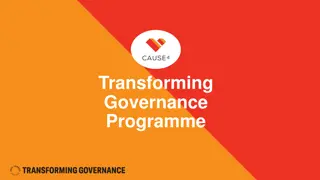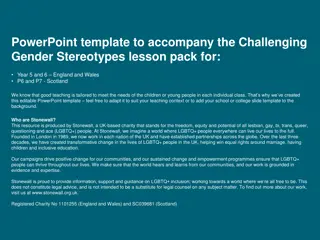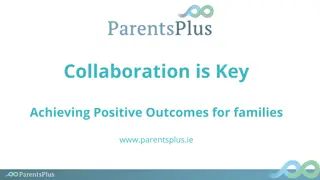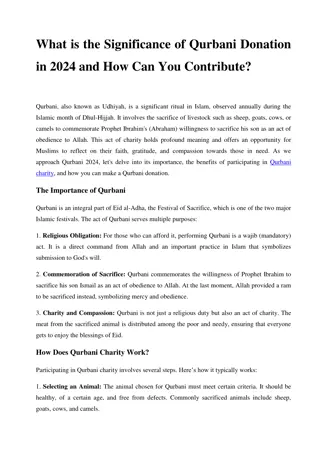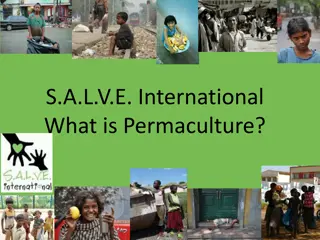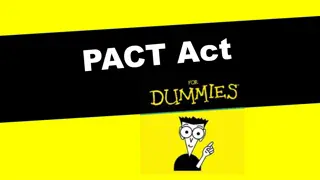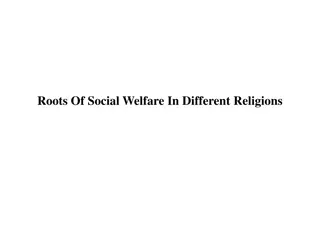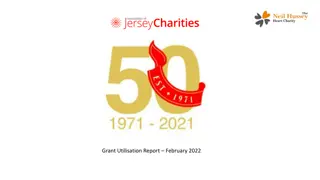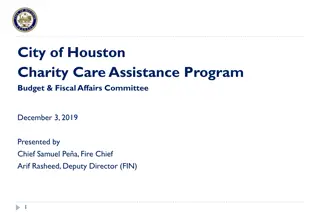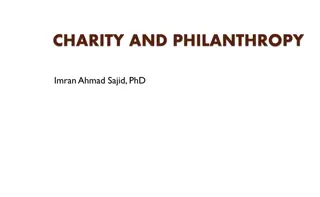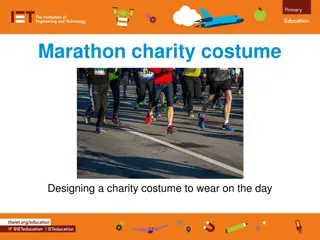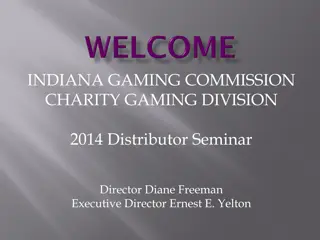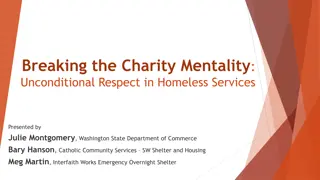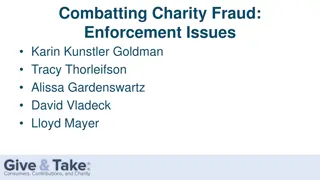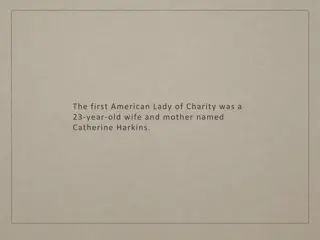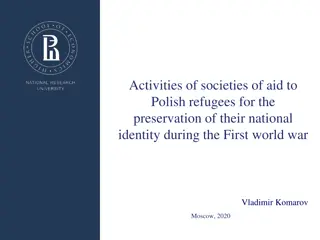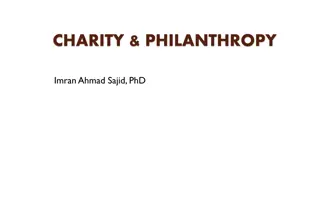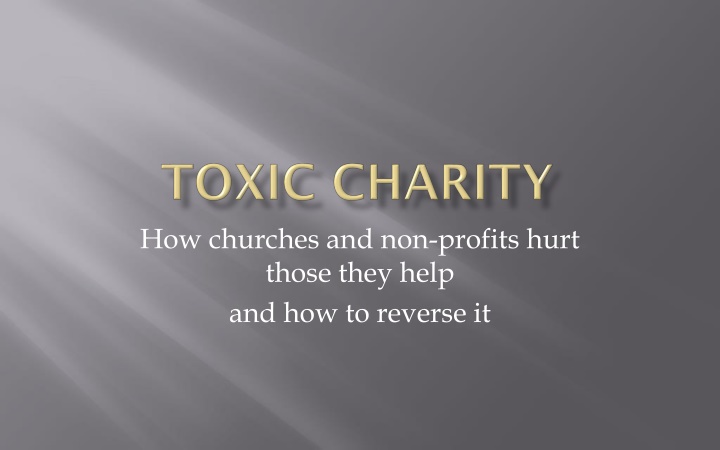
Reversing Harmful Practices in Church and Non-profit Aid
Discover how traditional giving practices in churches and non-profits can inadvertently harm recipients and learn how to reverse these negative impacts. Explore the dynamics of giving and its effects on gratitude, dependency, and empowerment, and find ways to shift the narrative towards more sustainable and empowering forms of assistance.
Download Presentation

Please find below an Image/Link to download the presentation.
The content on the website is provided AS IS for your information and personal use only. It may not be sold, licensed, or shared on other websites without obtaining consent from the author. If you encounter any issues during the download, it is possible that the publisher has removed the file from their server.
You are allowed to download the files provided on this website for personal or commercial use, subject to the condition that they are used lawfully. All files are the property of their respective owners.
The content on the website is provided AS IS for your information and personal use only. It may not be sold, licensed, or shared on other websites without obtaining consent from the author.
E N D
Presentation Transcript
How churches and non-profits hurt those they help and how to reverse it
Almsgiving is Mammons perversion of giving. It affirms the superiority of the giver, binds the recipient, demands gratitude, humiliates him and reduces him to a lower state than he had before. Jacques Ellul
Give once = appreciation Give twice = anticipation
Give once = appreciation Give twice = anticipation Give three times = expectation
Give once = appreciation Give twice = anticipation Give three times = expectation Give four times = entitlement
Give once = appreciation Give twice = anticipation Give three times = expectation Give four times = entitlement Give five times = dependency
A crisis need demands emergency intervention; (like an earthquake, tsunami, famine, war: i.e. stop the bleeding)
A chronic need requires development; (like rebuilding homes, re-starting businesses, rebuilding infrastructure: i.e. strengthening capacity)
Address a crisis need with a crisis intervention, And lives are saved. (doctors and medical supplies to treat the wounded, food and water to feed the starving, tents to shelter the refugees )
Address a chronic need with a crisis intervention, And people are harmed. (Dependency increases, work-ethic erodes, dignity diminishes)
1. I will never do for others what they can do for themselves.
I will never do for others what they can do for themselves. 1. 2. I will limit one-way giving to crises and seek always to find ways for legitimate exchange.
I will never do for others what they can do for themselves. I will limit one-way giving to crises and seek always to find ways for legitimate exchange. 1. 2. 3. I will seek ways to empower by hiring, lending, and investing and offer gifts sparingly as incentives to reinforce achievements.
I will never do for others what they can do for themselves. I will limit one-way giving to crises and seek always to find ways for legitimate exchange. I will seek ways to empower by hiring, lending, and investing and offer gifts sparingly as incentives to reinforce achievements. 1. 2. 3. I will put the interests of the poor above my own (or organization) self-interest even when it means setting aside my own agenda. 4.
I will never do for others what they can do for themselves. I will limit one-way giving to crises and seek always to find ways for legitimate exchange. I will seek ways to empower by hiring, lending, and investing and offer gifts sparingly as incentives to reinforce achievements. I will put the interests of the poor above my own (or organization) self- interest even when it means setting aside my own agenda. 1. 2. 3. 4. 5. I will listen carefully for spoken and unspoken needs (knowing that many clues may be hidden)
I will never do for others what they can do for themselves. I will limit one-way giving to crises and seek always to find ways for legitimate exchange. I will seek ways to empower by hiring, lending, and investing and offer gifts sparingly as incentives to reinforce achievements. I will put the interests of the poor above my own (or organization) self- interest even when it means setting aside my own agenda. I will listen carefully for spoken and unspoken needs (knowing that many clues may be hidden) 1. 2. 3. 4. 5. 6. Above all, to the best of my ability, I will do no harm.

